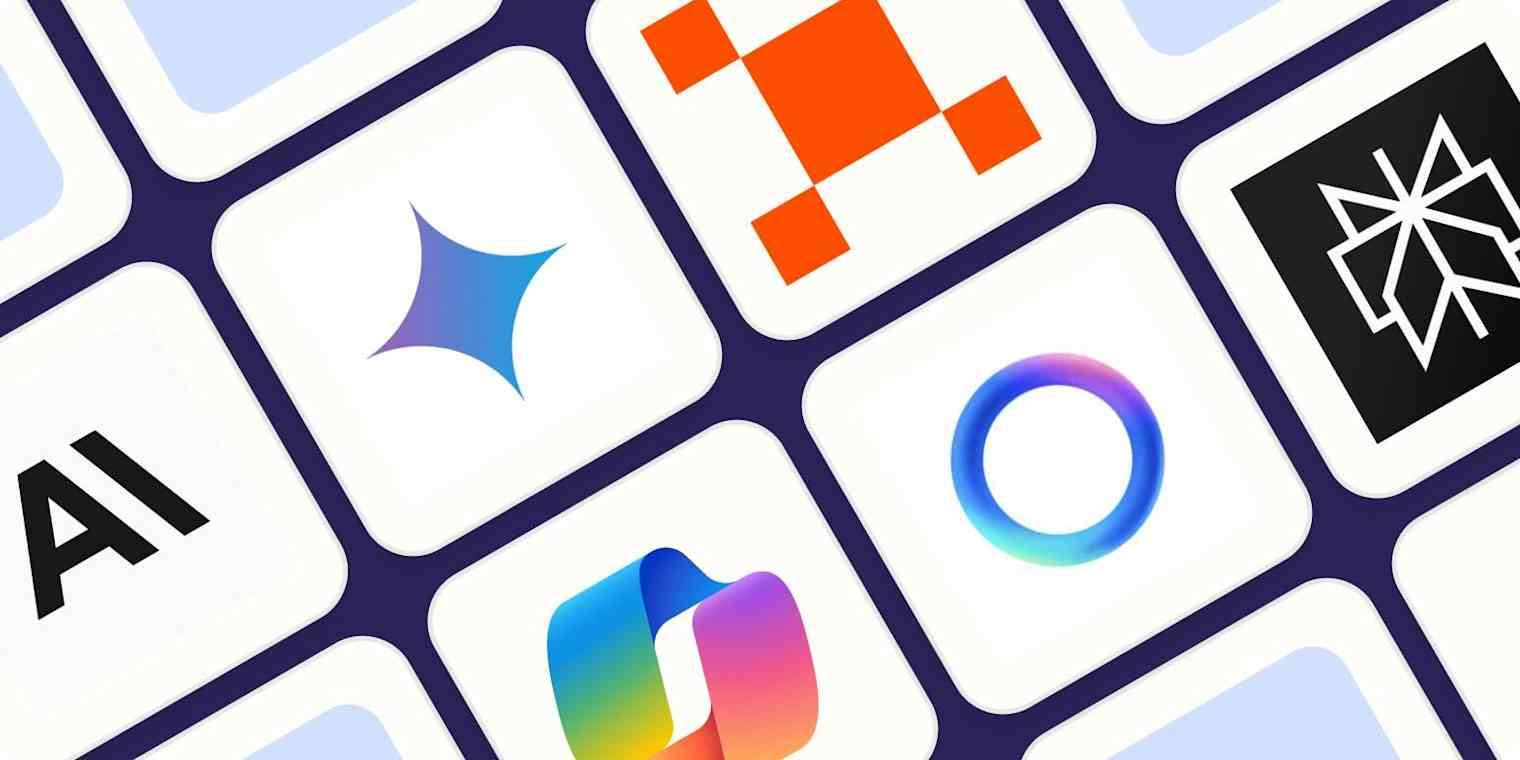ChatGPT and other AI models are fundamentally transforming how businesses operate, creating a paradigm shift in workplace efficiency and productivity. These intelligent systems are revolutionizing traditional workflows by automating routine tasks, enhancing decision-making processes, and freeing knowledge workers to focus on strategic, creative endeavors that truly drive business value.
The integration of AI into business processes represents more than just technological advancement—it’s a complete reimagining of how work gets done. Knowledge workers currently spend 41% of their day on routine activities, but AI workflow automation is changing this dynamic by taking over repetitive tasks and allowing professionals to concentrate on high-value work that requires human creativity and critical thinking. This transformation is particularly evident in how AI systems can analyze vast datasets, provide intelligent recommendations, and streamline administrative operations with unprecedented speed and accuracy.
From customer service automation to complex data analysis, AI models like ChatGPT are proving their worth across diverse business functions. Organizations are witnessing dramatic improvements in operational efficiency, with AI-powered automation delivering nearly 40% improvements in worker performance. These systems operate 24/7, providing consistent support and maintaining standardized processes across multiple departments and locations. The technology’s ability to handle multiple queries simultaneously while learning and adapting from real usage patterns makes it an invaluable asset for businesses seeking scalable solutions. As companies continue to embrace this AI-driven approach, they’re discovering that the combination of artificial intelligence and workflow automation isn’t just enhancing productivity—it’s fundamentally reshaping the future of work itself.
Streamlining Administrative and Routine Tasks
AI models excel at eliminating the burden of repetitive administrative work that traditionally consumes valuable employee time. ChatGPT can automate document creation, email formatting, filing, and organization tasks, and standard business communications. This automation extends to complex workflow management, where AI can maintain ongoing conversations throughout business processes, providing summaries and tracking progress at each step.
Executive assistants are particularly benefiting from these capabilities, using ChatGPT for information gathering, research, document preparation, meeting agenda creation, and note-taking. The technology handles scheduling, reminder setting, project deadline tracking, and collaboration coordination, allowing executives and their support staff to focus on strategic decision-making rather than administrative overhead.
Enhancing Customer Service and Support Operations
The customer service has been dramatically transformed by AI integration. ChatGPT can autonomously handle significant portions of customer interactions, from product inquiries to delivery status checks, reducing the workload on human representatives. This allows customer service teams to dedicate their expertise to complex issues requiring personalized attention and emotional intelligence.

AI-powered support systems provide instant responses to queries, operate around the clock, and can manage large volumes of customer inquiries simultaneously. The technology streamlines follow-up actions and updates across multiple platforms, ensuring customers receive timely assistance while maintaining consistent service quality. This enhanced support experience leads to improved customer satisfaction and loyalty while reducing operational costs.
Revolutionizing Data Analysis and Decision-Making
Advanced AI systems are transforming how organizations handle data analysis and strategic decision-making. These tools can process vast datasets and uncover insights that would be impossible to detect manually, showcasing the power of natural language processing in business intelligence. AI-driven recommendations help leaders make informed choices faster, while maintaining accuracy through built-in validation and learning features.
In sales operations, AI workflow automation keeps customer records accurate and up-to-date without manual intervention, while monitoring deal progress and sending timely notifications about key milestones. This ensures important opportunities aren’t overlooked during busy sales cycles, allowing professionals to focus on revenue-generating activities rather than administrative tasks.
Driving Scalability and Future Growth
AI workflow automation provides businesses with the scalability needed for sustainable growth. These systems intelligently adapt to changes and new requirements, handling unexpected situations without human intervention. The technology’s built-in learning capabilities mean it becomes more effective over time, continuously optimizing workflows based on real usage patterns.
Organizations implementing AI-driven approaches can scale efficiently while maintaining or improving performance standards. The systems remove traditional bottlenecks that manual processes create, enabling businesses to grow without proportionally increasing administrative overhead. This adaptability ensures that business processes evolve alongside organizational needs, fostering smarter, more reliable solutions that meet changing demands.
The future of work is being shaped by the seamless integration of AI and workflow automation, creating environments where human creativity and artificial intelligence work in harmony to achieve unprecedented levels of productivity and innovation.




